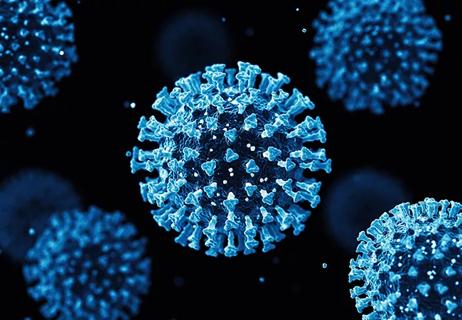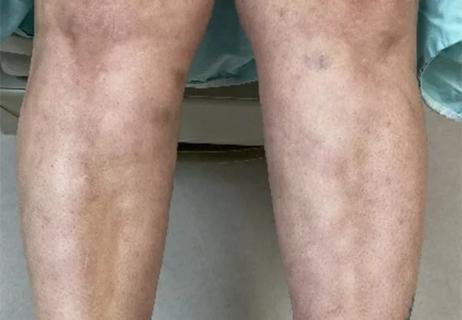Safety, shared decision-making and the value of vaccines in pregnancy

Advertisement
Cleveland Clinic is a non-profit academic medical center. Advertising on our site helps support our mission. We do not endorse non-Cleveland Clinic products or services. Policy
Pregnant women who test positive for SARS-CoV-2, the virus that causes COVID-19, are at increased risk for severe outcomes. Specifically, according to the U.S. Centers for Disease Control and Prevention, they are 5.4x more likely to be hospitalized, 1.5x more likely to be admitted to the intensive care unit (ICU) and 1.7x more likely to receive mechanical ventilation than women who are not pregnant. Given the increased risk associated with COVID-19 in pregnancy, COVID-19 vaccines should not be withheld from pregnant or lactating patients who desire the vaccine and meet the criteria for vaccination based on the priority groups set forth by the Advisory Committee on Immunization Practices.
Historically, public health agencies have been slow to endorse the recommendation of medical professionals related to offering inactivated vaccines to pregnant and lactating women. Given the potential risk and rigorous safety precautions needed to evaluate the vaccine in pregnant and lactating patients, trials involving this population are often not undertaken until the vaccine is approved for use in the general population.
Although pregnant and lactating individuals were not included in the initial COVID-19 vaccine trials, existing safety data provide reassurance regarding their safety. Because COVID-19 vaccines do not contain live virus, they are not thought to cause increased risk of infertility, first or second trimester loss, still birth or congenital anomalies. Additionally, there is no evidence to suggest that inactivated vaccines, such as the authorized mRNA vaccines against SARS-CoV-2, are a risk to the breastfeeding infant.
Advertisement
In line with the Practice Advisory from the American College of Obstetricians and Gynecologists, Cleveland Clinic’s Ob/Gyn & Women’s Health Institute recommends that physicians facilitate conversations with their pregnant or lactating patients who are eligible to receive the COVID-19 vaccine. In this shared decision-making model, patients and providers should consider the level of SARS-CoV-2 virus activity in the community, the potential efficacy of the vaccine, the risk and potential severity of maternal disease, and the potential effect of the disease on a fetus or newborn, including preterm birth.
Patients who conceive in the window between the first and second dose of the vaccine should be offered the second dose of the vaccine at the appropriate interval. Patients may take an antipyretic, such as acetaminophen, for any fever or pain at the injection site.
Patients who decline vaccine should be supported in their decision. Regardless of the patient’s decision in regard to the vaccine, this conversation also serves as an opportunity to reiterate the value of other preventive measures, including wearing facemasks, frequent hand washing/ use of hand sanitizer, and social and physical distancing.
The value of vaccines in pregnancy is well known, including the prevention of maternal morbidity and mortality, the reduction of in utero infection, and the potential for some lingering immunity in neonates. As obstetrician-gynecologists, we will play an important role in building vaccine confidence through conversations with our patients, supporting our peers in other specialties, and advocating for our patients in traditional and social media. A patient’s hesitation about a vaccine should be an opportunity to address their concerns and provide education and support.
Advertisement
About the author:Oluwatosin Goje, MD, is an Ob/Gyn and fellowship-trained reproductive infectious diseases specialist.
Advertisement
Advertisement

Patients report improved sense of smell and taste

Clinicians who are accustomed to uncertainty can do well by patients

Unique skin changes can occur after infection or vaccine

Cleveland Clinic analysis suggests that obtaining care for the virus might reveal a previously undiagnosed condition

As the pandemic evolves, rheumatologists must continue to be mindful of most vulnerable patients

Early results suggest positive outcomes from COVID-19 PrEP treatment

Could the virus have caused the condition or triggered previously undiagnosed disease?

Five categories of cutaneous abnormalities are associated with COVID-19